This is not the first time that Hungary's opposition Tisza Party has spoken out in favor of reducing the current area-based support system for Hungarian farmers. Party leader Peter Magyar wrote earlier: "in Hungary, as in the EU as a whole, more intensive, higher added-value, organic agricultural production should be promoted, instead of the current extensive cereal production (sic!)."
So, according to the liberal politician, organic farming should be supported instead of grain production. In the same post, he also pitted other farmers against each other. It seems from what he said that gardeners are worth more to him than crop farmers.
Hungary receives HUF 550 billion (about EUR 1.3 billion) a year in the form of area-based payments. Every year, more than 160,000 farmers operating on almost five million hectares in the country apply for support, the vast majority of them family farmers. Smaller farms receive proportionally increased additional support, with an extra HUF 32,000 (about EUR 77) per hectare for the first ten hectares and HUF 17,000 (about EUR 41) per hectare up to 150 hectares.
The Hungarian government supports crop and organic farmers as well as livestock farmers. The abolition of area payments is strongly backed by EU Commission President Ursula von der Leyen, who, during her recent speech, received a standing ovation from Peter Magyar, as well. The change is explicitly mentioned in the report, among the proposals drawn up by the team of experts she has entrusted.

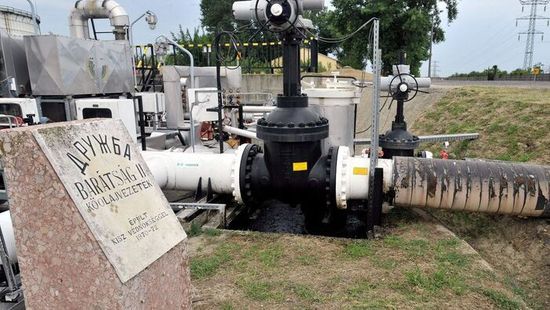
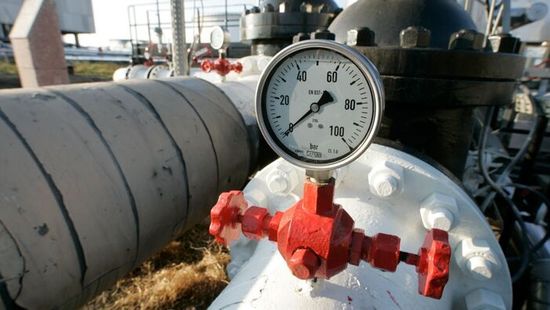
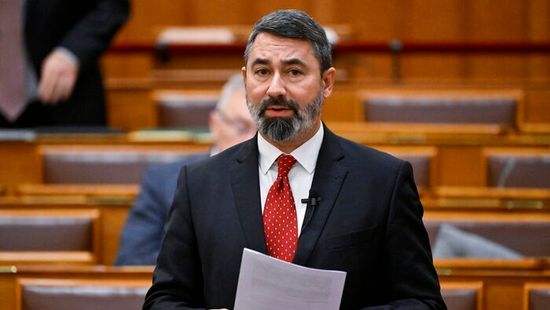
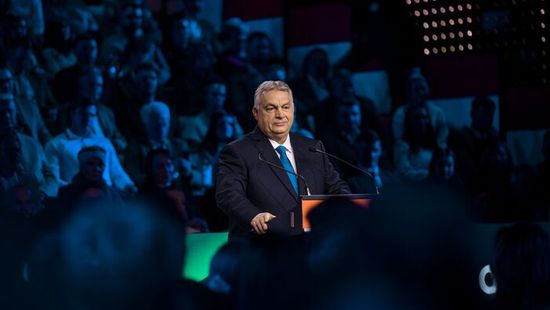

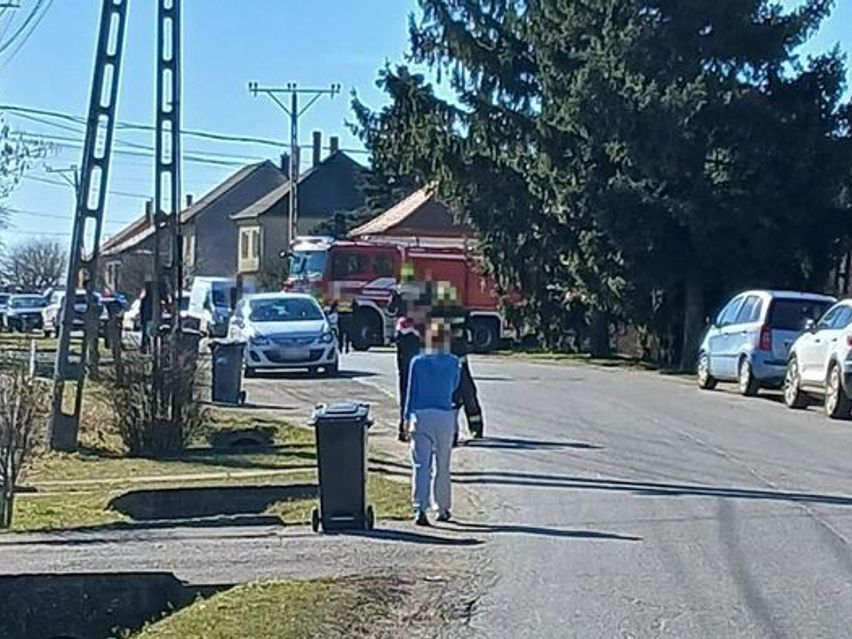

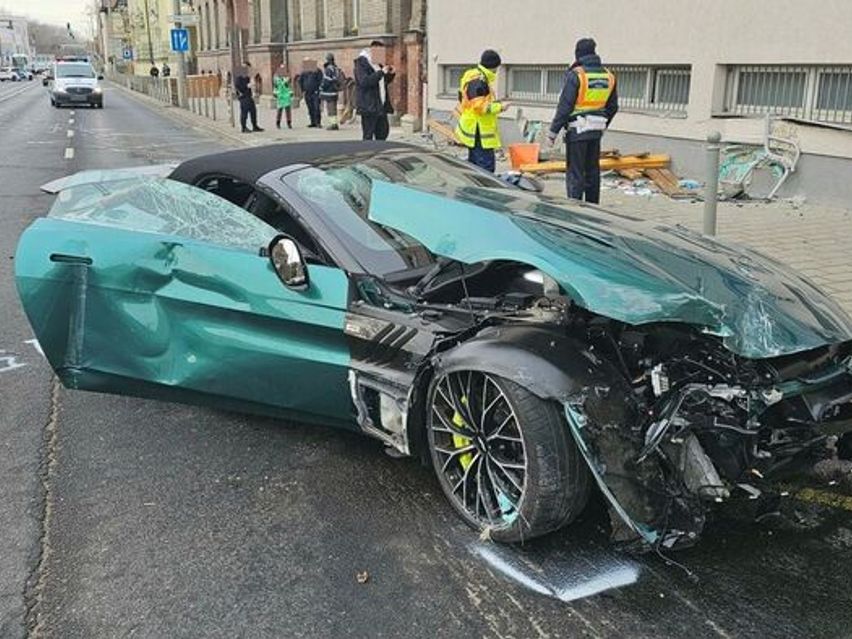


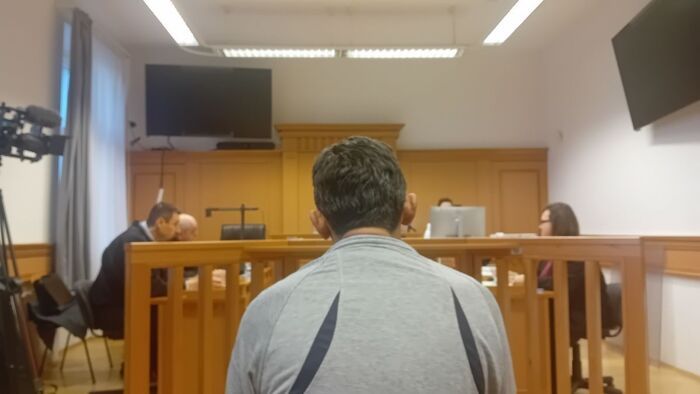

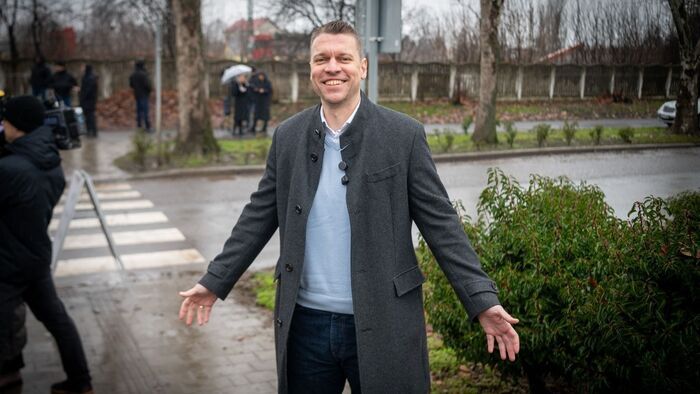

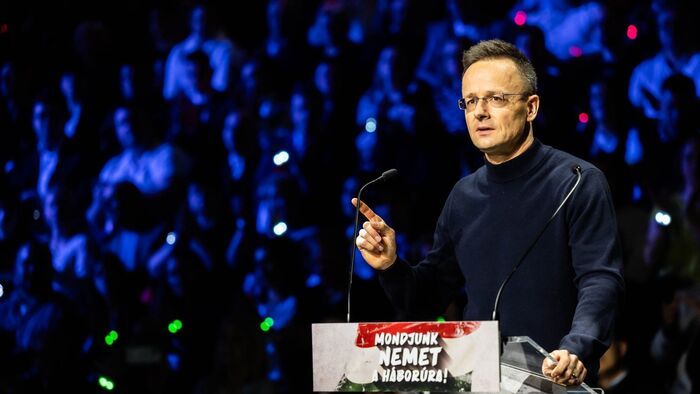
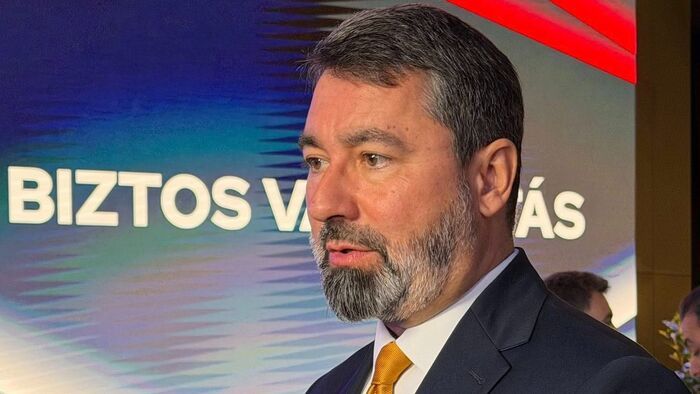






Szóljon hozzá!
Jelenleg csak a hozzászólások egy kis részét látja. Hozzászóláshoz és a további kommentek megtekintéséhez lépjen be, vagy regisztráljon!